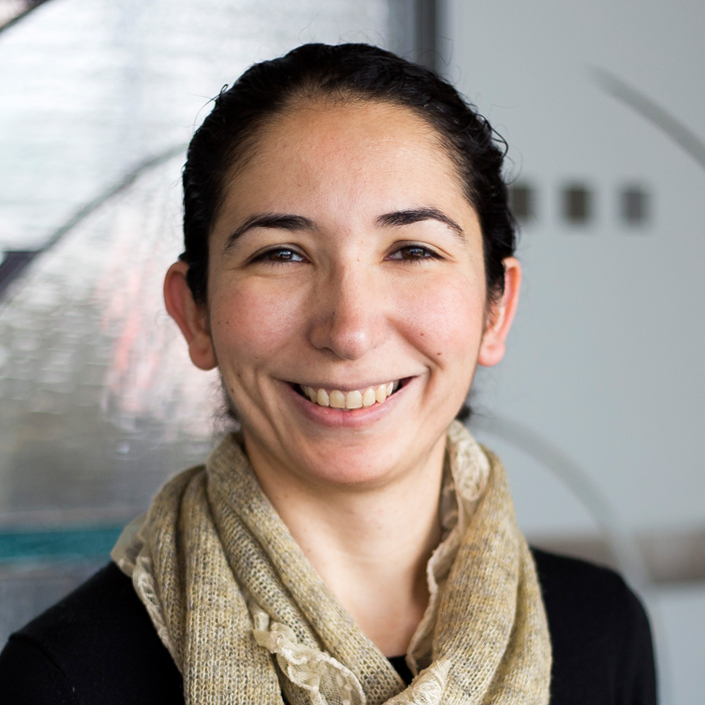Formal Methods for Cyber Physical Systems

Bio:
Necmiye Ozay received her B.S. degree from Bogazici University, Istanbul in 2004, her M.S. degree from the Pennsylvania State University, University Park in 2006 and her Ph.D. degree from Northeastern University, Boston in 2010, all in electrical engineering. She was a postdoctoral scholar at the California Institute of Technology, Pasadena between 2010 and 2013. She joined the University of Michigan, Ann Arbor in 2013, where she is currently an associate professor of Electrical Engineering and Computer Science. At the University of Michigan, she is part of the Controls Group, a member of the Robotics Institute, and also affiliated with the Michigan Institute for Data Science (MIDAS) and Michigan Institute for Computational Discovery & Engineering (MICDE). Dr. Ozay’s research interests include hybrid dynamical systems, control, optimization and formal methods with applications in cyber-physical systems, system identification, verification & validation, autonomy and dynamic data analysis. Her papers received several awards. She has received the 1938E Award and a Henry Russel Award from the University of Michigan for her contributions to teaching and research, and five young investigator awards, including NSF CAREER. She is also a recent recipient of the Antonio Ruberti Young Researcher Prize from the IEEE Control Systems Society for her fundamental contributions to the control and identification of hybrid and cyber-physical systems.
Abstract:
Modern cyber-physical systems, like high-end passenger vehicles, aircraft, or robots, are equipped with advanced sensing, learning, and decision making modules. On one hand these modules render the overall system more informed, possibly providing predictions into the future. On the other hand, they can be unreliable due to problems in information processing pipelines or decision making software. Formal methods, from verification and falsification to correct-by-construction synthesis hold the promise to detect and possibly eliminate such problems at design-time and to provide formal guarantees on systems' correct operation. In this talk, I will discuss several recent advances in control synthesis and corner case generation for cyber-physical systems with a focus on scalability, and what role data and learning can play in this process. I will conclude the talk with some thoughts on challenges and interesting future directions.